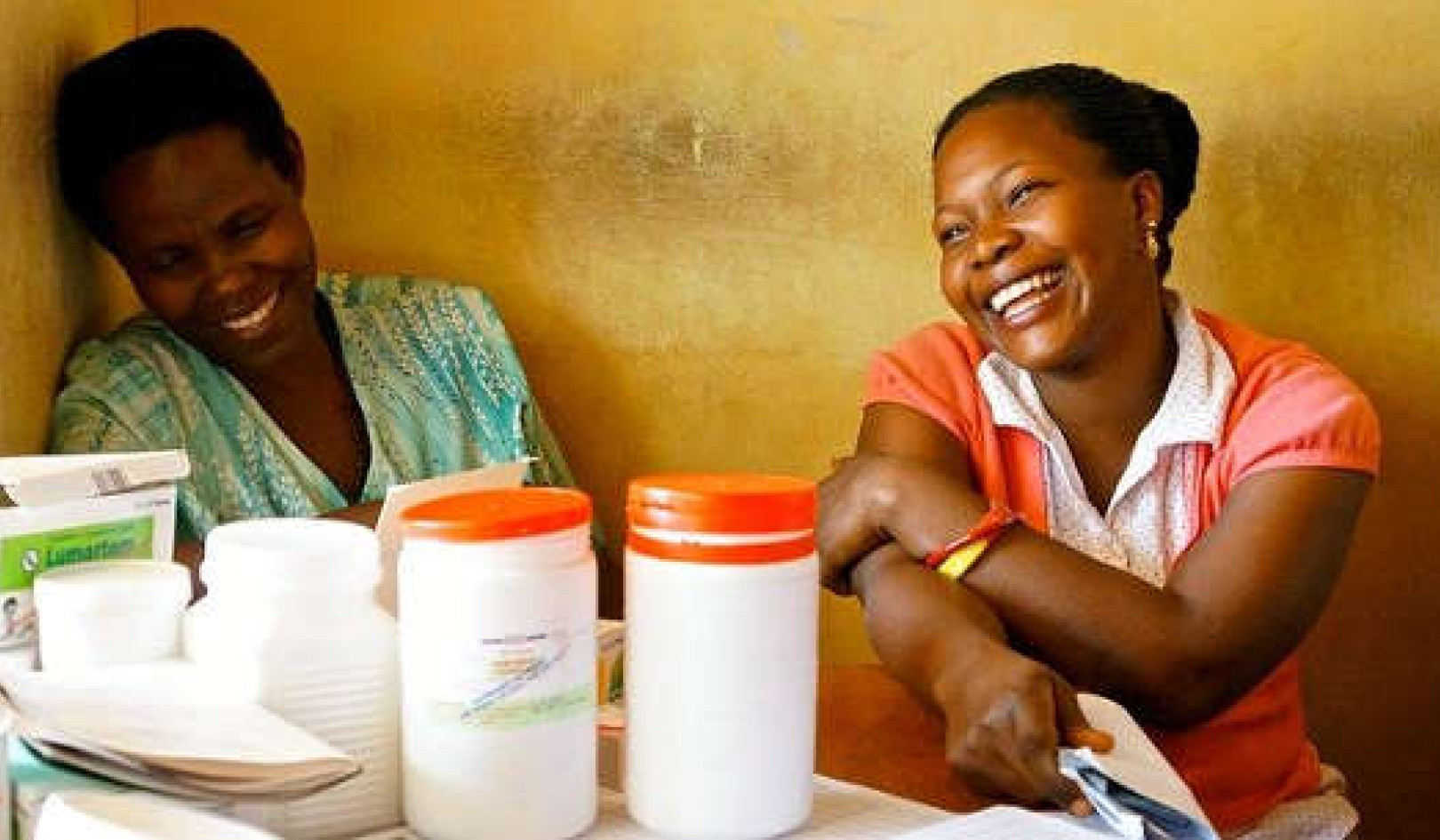Part One: Escape
The story of First Love revolves around two basic themes: separating from our parents and establishing our own identity. These challenges are never totally resolved, and they affect all our love choices, but our first experience of romantic love is especially tied to our need to separate from our parents.
For example, you may choose a lover from a different world, or one your parents don't approve of, as a way of helping you move away from your parents' world and their assumptions. just asserting your sexuality and becoming intimate with someone from outside the family already moves you some distance away from the confines of your home.
Some people deal with their fears of separating by finding a parental substitute: perhaps an older or idealized figure. And others make a choice that avoids or minimizes the break: they find a partner who keeps them tied into their childhood worlds -- a person chosen by their parents or one who grew up in similar circumstances.
Separating from our parents and finding our own identity are closely intertwined because the only way to form our own identities is to question our parents' values. Growth comes from reexamining the beliefs and behaviors we grew up with. You are not exactly like your parents, and adolescence is usually the time when young people need to recognize that difference and become the person they want to be. If you don't examine the values you grew up with, you lose the opportunity to grow beyond what you were given by your parents.
If you choose a partner whose childhood was just like yours -- someone your parents might have chosen for you -- you are entering into something like an old-fashioned arranged marriage. It's possible that your parents might have chosen someone good for you -- most parents would try. And it's not necessary for you to pick someone your parents don't like in order to separate from them. But if you never question their values and assumptions, and you let them decide (directly or indirectly) who your partner will be, you are passing up the opportunity to grow and develop your own identity.
In our culture, which stresses individual freedom, an adolescent is expected to "find" his or her own identity as part of maturing. But some adolescents find this frightening, and many others are inhibited or made to feel guilty by parents who never gave them permission to grow away.
Permission to Separate
By permission I mean that parents must allow their children to become independent and different, and eventually to have a life that does not have their parents at the center of it. It's painful for most parents to see their babies finally fly away from the nest. But good parents prepare for this all along -- always letting their children separate from them when they are ready and able, always letting their children become their own persons. It happens right from the start, when the little toddler is taking her first steps -- which will eventually lead her away.
It's a delicate process, not only because it's painful for the parents, but also because the child has mixed feelings about separating as well. But parents who don't allow their children to separate are giving them the following message: "Your independence from me and your happiness being away from me, or with somebody else, hurts me and does me harm." This is not the kind of message that encourages a child to be happy.
If your parents didn't give you permission to separate, you must find someone else -- a peer or a parental surrogate -- who will help you feel that leaving them is allowed.
The Continuous Self
All of this enters into the equation when we pick our first loves or subsequent loves. And there's an additional element. One of the reasons we need love is that we need someone to share our lives. We all need someone not only to feel less alone but also because we need a sense of continuity -- the feeling that someone has been with us all of our lives and has shared our experiences. People who haven't shared their lives with someone often feel a loss of themselves, because there's no one who reflects their own existence.
In childhood, we experience that continuity by sharing our lives with our parents; in adulthood, it is usually a partner who fills those needs, although it may also be friends or relatives. This is why people who don't have partners often have a harder time recovering from the death of their parents. When their parents die, they have lost the people who remembered them all their lives.
Finally, a first lover and later loves help us to solidify our identities after childhood because it is now they who reflect our existence -- apart from our parents -- they are the ones who confirm what we have experienced. When adolescents have a hard time breaking away from overpowering parents, they often fall in love with someone "unsuitable" from their parents' point of view, because they need support to move offshore. Others pick someone older and more experienced, in order to feel safe making the break away from home. What they are really doing is picking a parental substitute -- which may not be obvious to them because their lover doesn't look or act at all like their parents.
Making the Break
Breaking away from parents is played out in movies like Titanic and Dirty Dancing, and in part this is why adolescent girls watch these movies over and over. The girl is drawn to the story of a boy from the other side of the tracks who will rescue her from the control of powerful parents: a boy who will love and protect her as much as a parent would -- even sacrificing his own life so she might live.
 This article was excerpted from the book:
This article was excerpted from the book:
The Seven Stories of Love,
by Marcia Millman.
Reprinted with permission of William Morrow, an imprint of HarperCollins Publishers, ©2001. www.harpercollins.com
For info or to order this book.
 About The Author
About The Author
Marcia Millman is a professor of sociology at the University of California at Santa Cruz. She received her Ph.D. in sociology from Brandeis University. She is the author of The Unkindest Cut: Life in the Backrooms of Medicine, Such a Pretty Face: Being Fat in America, Warm Hearts and Cold Cash: The Intimate Dynamics of Families and Money, as well as The Seven Stories of Love. She lives in the San Francisco Bay area and New York.

























